new to the gluten free journey?
new to the gluten free journey?
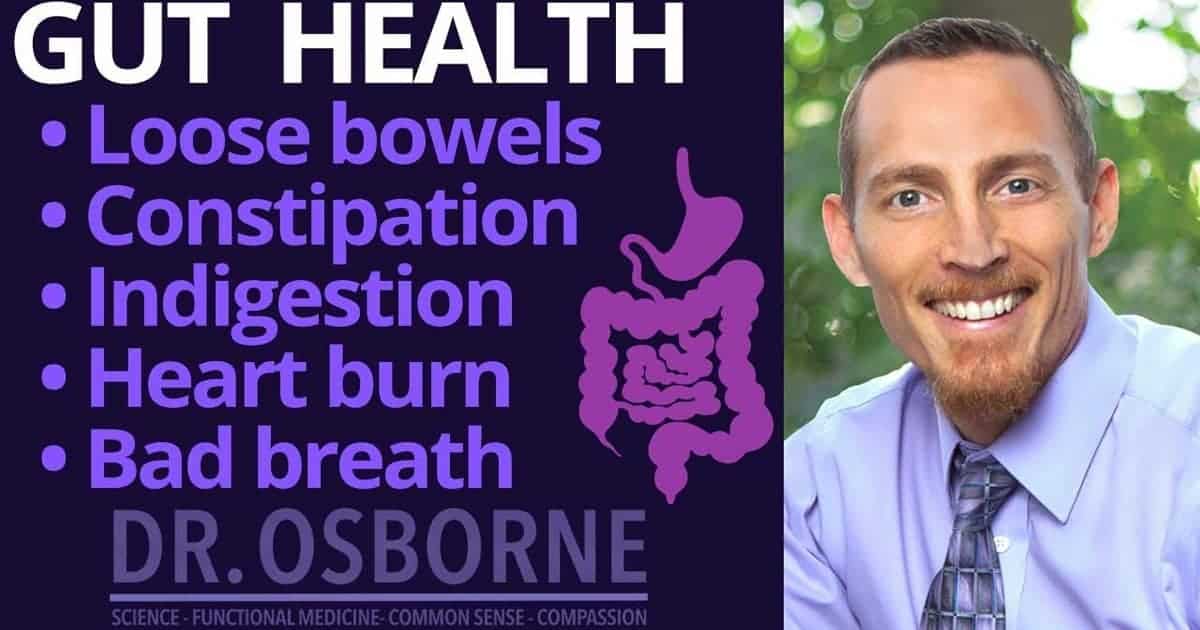
Contents
Toggle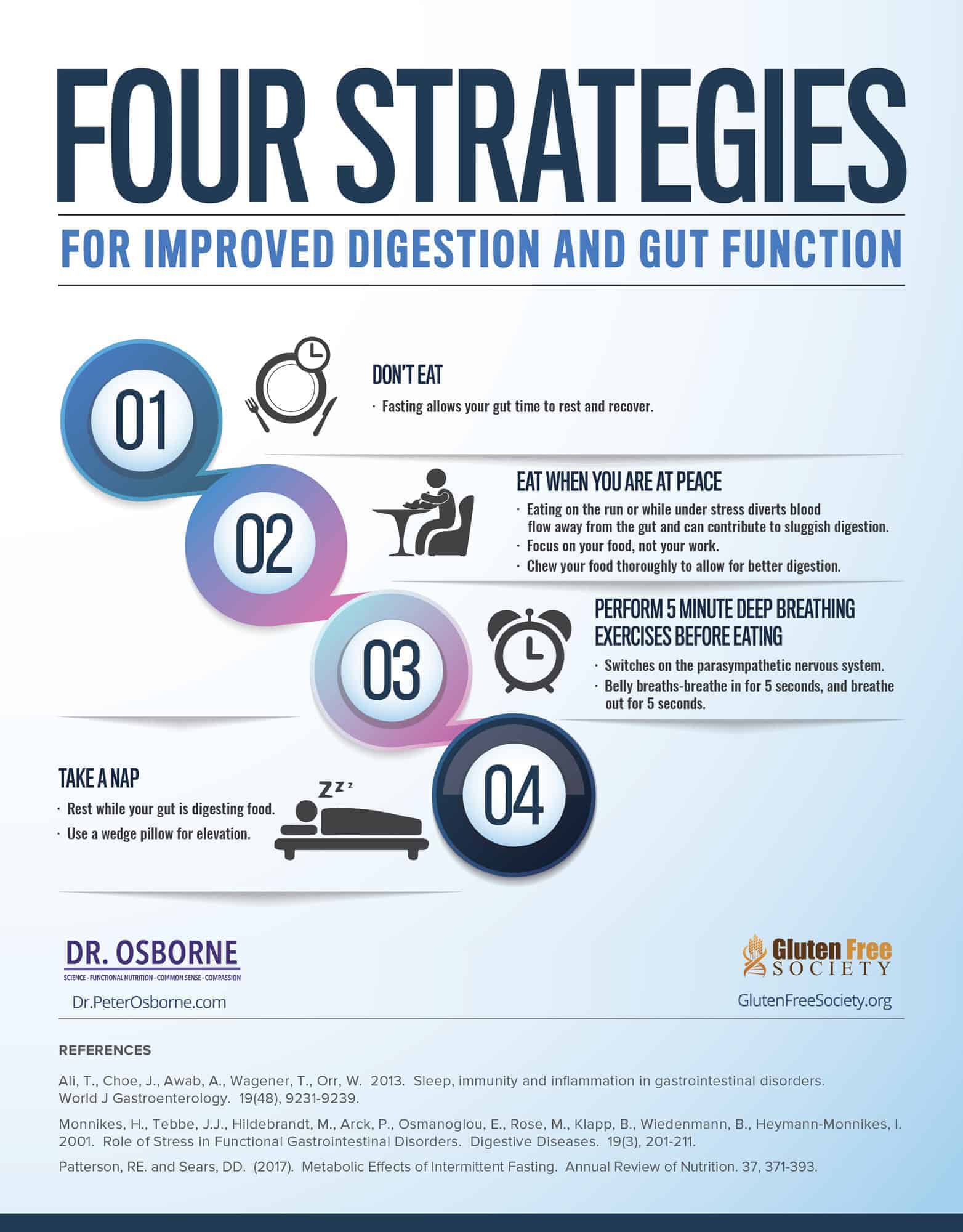
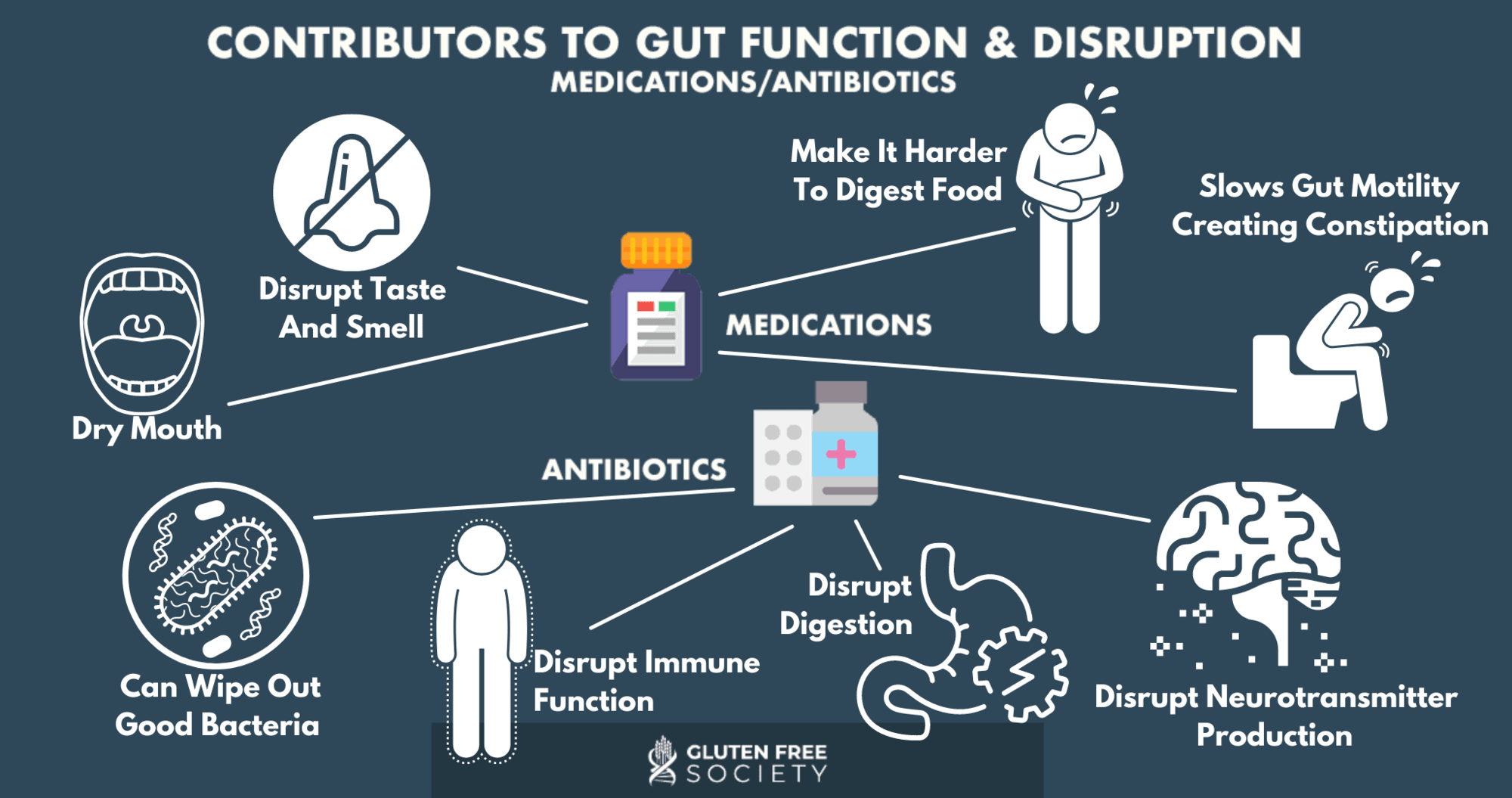
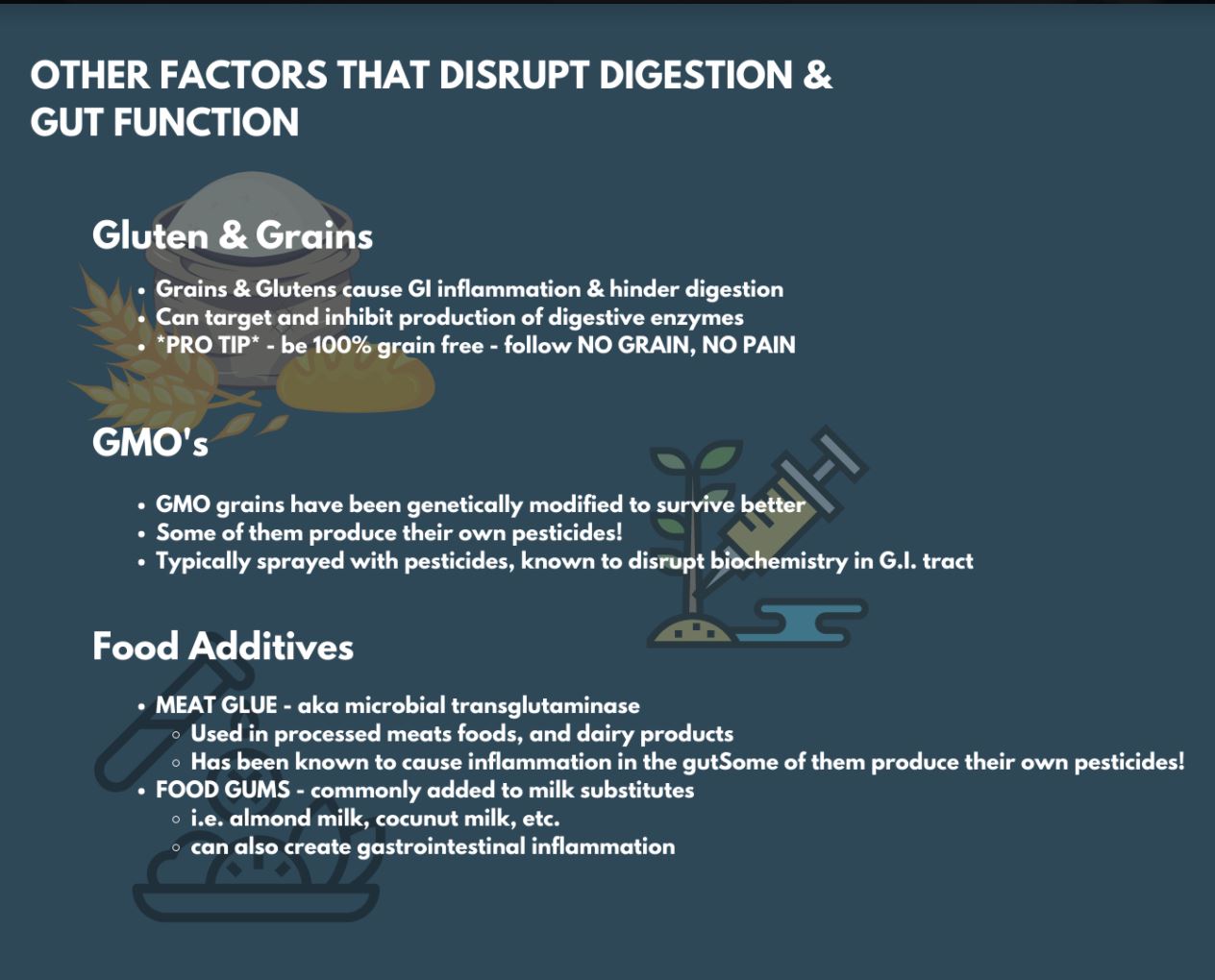
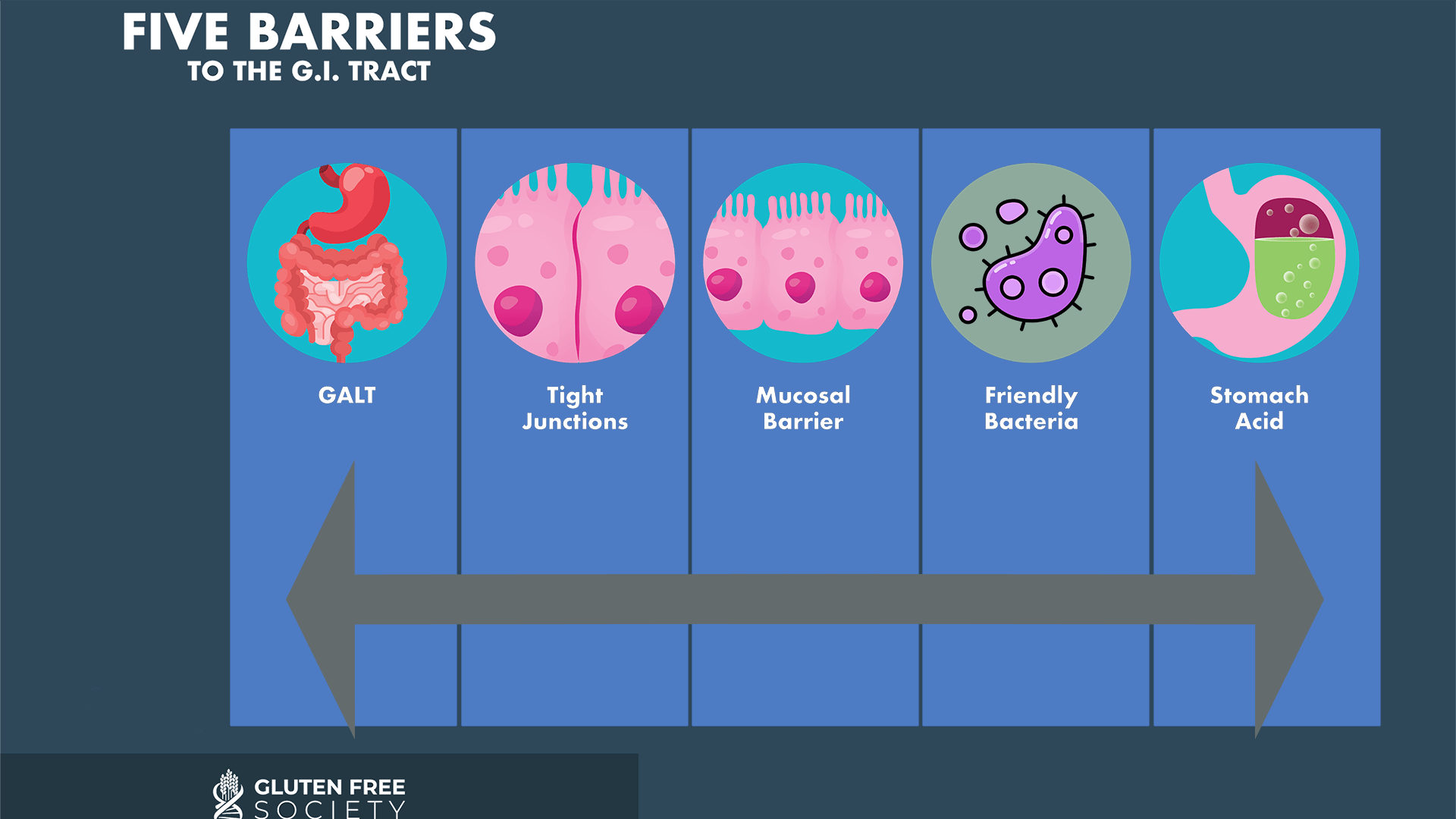
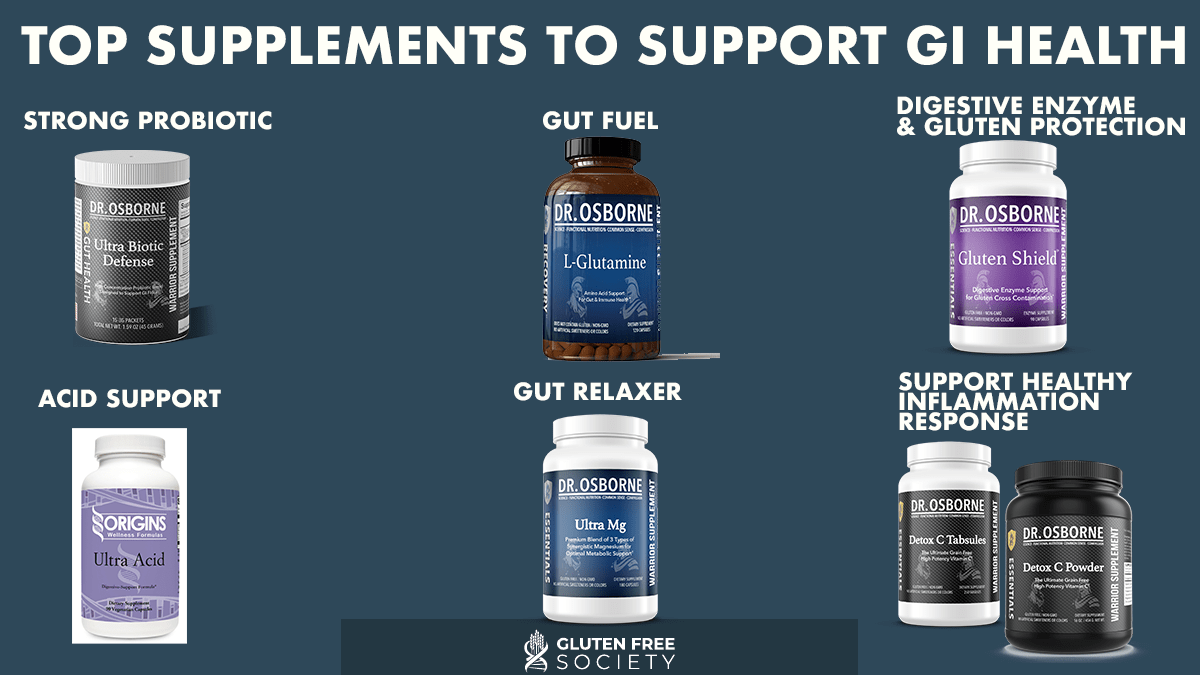
Stay up-to-date with the latest articles, tips, recipes and more.

*These statements have not been evaluated by the Food and Drug Administration. This product is not intended to diagnose, treat, cure or prevent any disease.
If you are pregnant, nursing, taking medication, or have a medical condition, consult your physician before using this product.
The entire contents of this website are based upon the opinions of Peter Osborne, unless otherwise noted. Individual articles are based upon the opinions of the respective author, who retains copyright as marked. The information on this website is not intended to replace a one-on-one relationship with a qualified health care professional and is not intended as medical advice. It is intended as a sharing of knowledge and information from the research and experience of Peter Osborne and his community. Peter Osborne encourages you to make your own health care decisions based upon your research and in partnership with a qualified health care professional.
7 Responses
Appreciate the top supplement recommendations. Would the supplement D3 be helpful in healing?
God bless you for this information!
So beneficial!
Does red meat cause constipation?
For some it can. Typically people who are constipated by red meat have low stomach acid, and may benefit by supporting digestion using a supplement for this. We recommend Ultra Acid before meals in this case.
All the best,
Dr. O
Hi Dr O,
Thanks so much! It’s a great idea. I’m gonna try it.
All the best :))
As always great knowledge shared in a style that us non-medical peeps can understand. Thank you. My gut is recking havoc with me for the past 6 months or so. Have been Gluten Free for 10 years now. Still not grain free, but am going to follow this. Truly need a great Functional med dr who can help with Hashimotos, other food allergens (some known), helping with meds for anxiety/depression – – – seems overwhelming at times, that I get stuck at knowing what to eat. Even when i am eating clean, feels like my intestines are filled up to my breast plate, bloated high in stomach area? On so many supplements, many of them yours, and truly think i need to stop everything and start somewhere, somehow fresh. If you live in Utah – is there any way to become a patient of Dr O’s. Or a referral to a great functional medicine doctor in Utah / Salt Lake or surrounding Cities. Would love someone who can look at the whole picture of my health – 54 and feeling hopeless a bit managing a leaky gut, hormone imbalances, and insomnia without help of more meds, then need meds for anxiety/depression all of this not feeling great causes.
Jamie,
Reach out to 281-240-2229 to enquire about a consultation with Dr. O